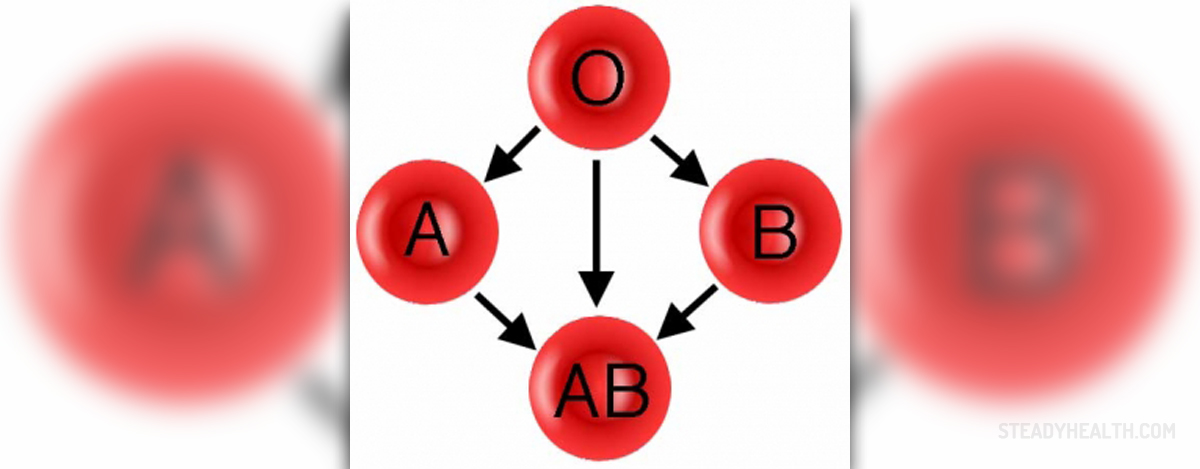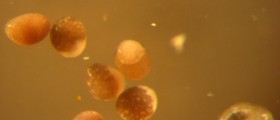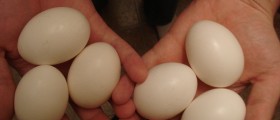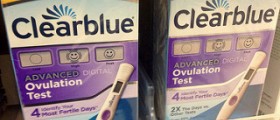
A research team from Albert Einstein College of Medicine and Yale University looked at the quality of eggs in women undergoing fertility treatment, and made some interesting discoveries. The fertility experts found that women with blood type O generally had lower egg reserves and poorer quality of eggs. Those with blood type A had a much better egg quality, and more plentiful reserves too. In addition, women with blood type O had higher levels of follicle stimulating hormone (FSH), a hormone that is associated with lower egg reserves.
The team's findings will be presented at the yearly conference of the American Society for Reproductive Medicine (ASRM) in Denver. Lead researcher Dr Edward Nejat explained: "Patients with blood type O seeking infertility evaluation have a higher likelihood to be diagnosed with elevated FSH and hence manifest diminished ovarian reserve." And ASRM president Dr William Gibbons said: "This is a novel look at a poorly understand part of reproductive aging. Through studies like these we will be better able to understand the complexities of the human reproductive system."
More large-scale research will hopefully conducted into the link between fertility and blood types. In the meantime, if you are O negative or O positive and have been struggling to get pregnant, perhaps you should wonder whether your blood type has anything to do with this. Hopefully, if these findings turn out to be correct, they will lead to improved treatment options for women with blood type O. Considering assisted fertility? Read more about how to choose a fertility clinic. For more fertility news, see UK: More than 100 new mothers over 50 last year.

















Your thoughts on this
Loading...